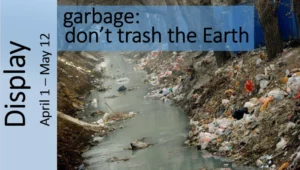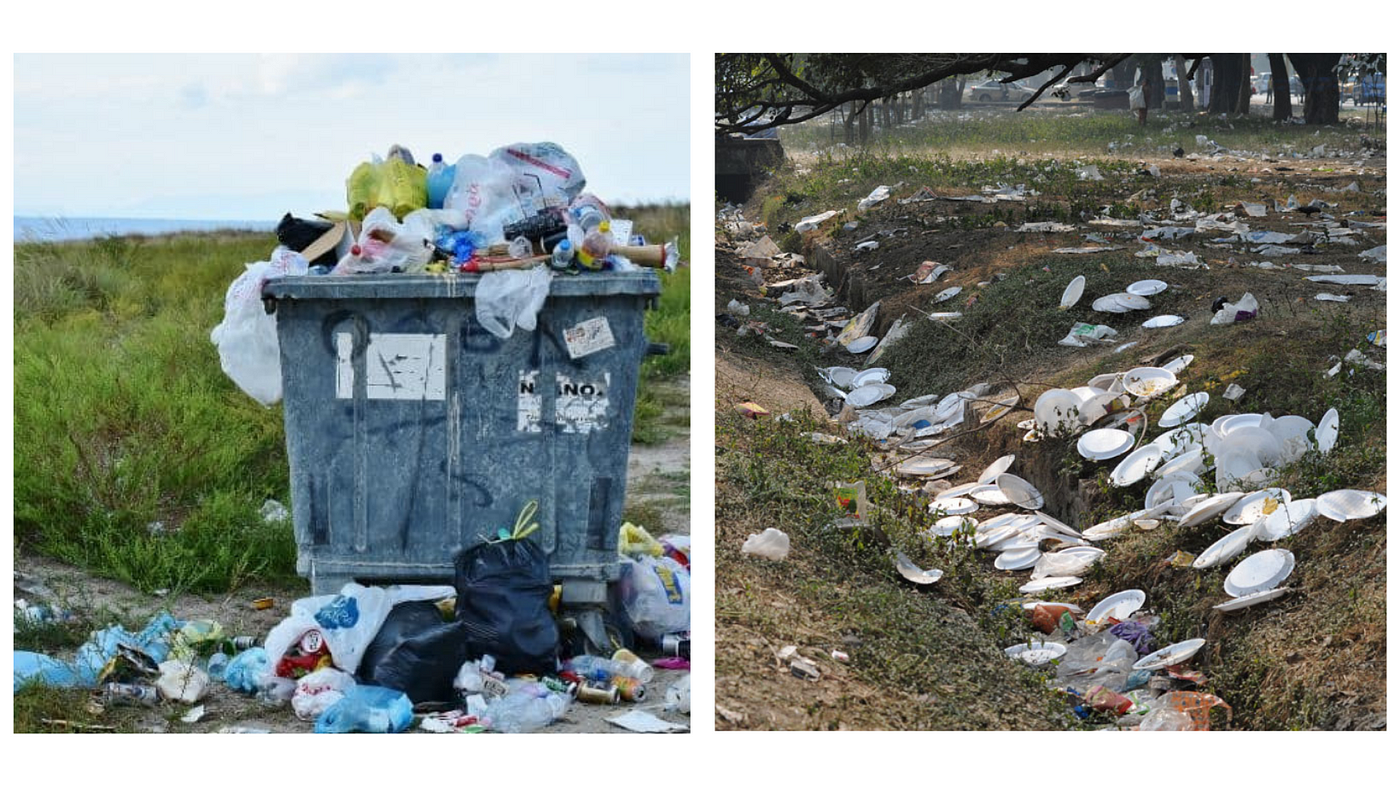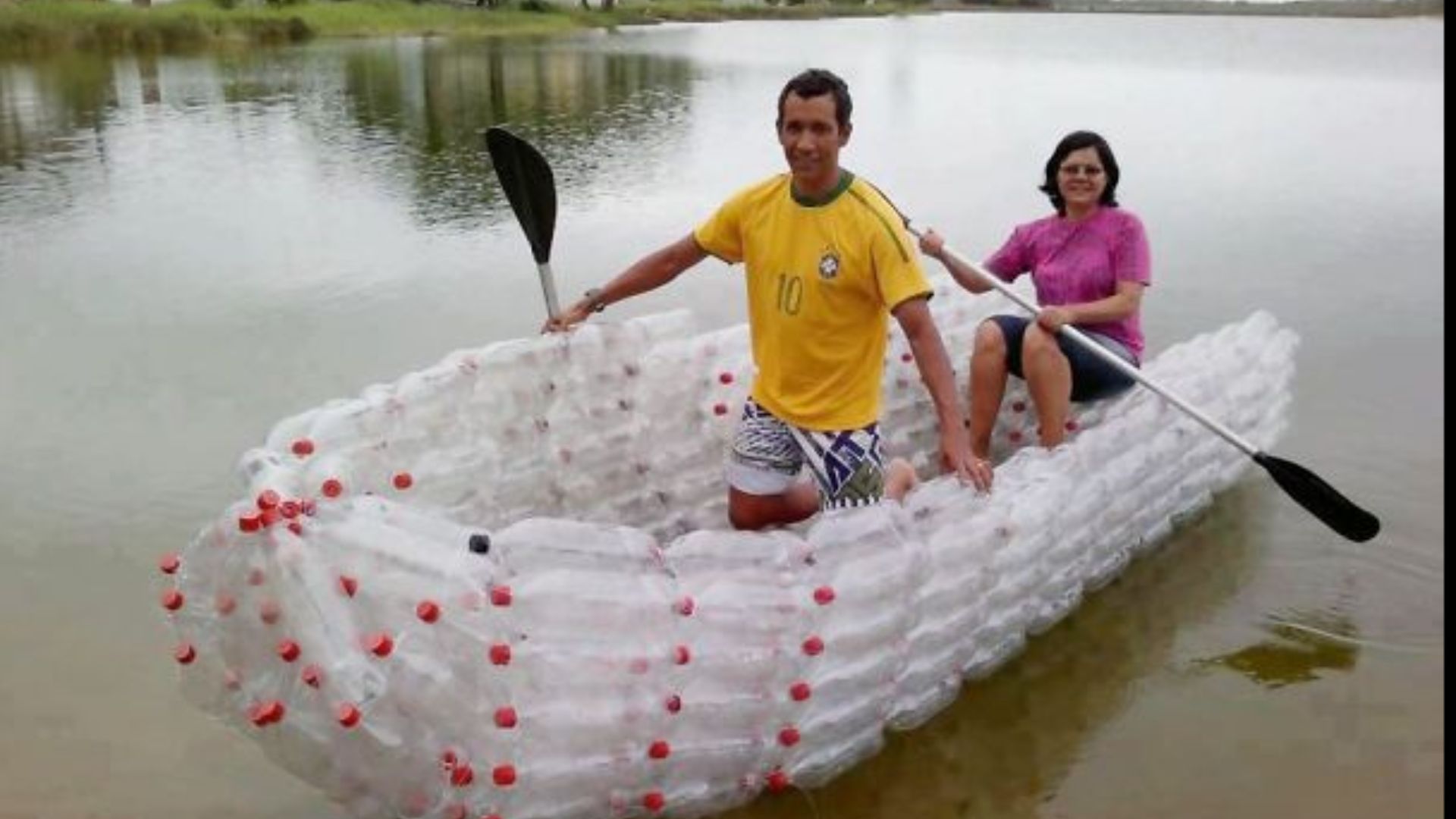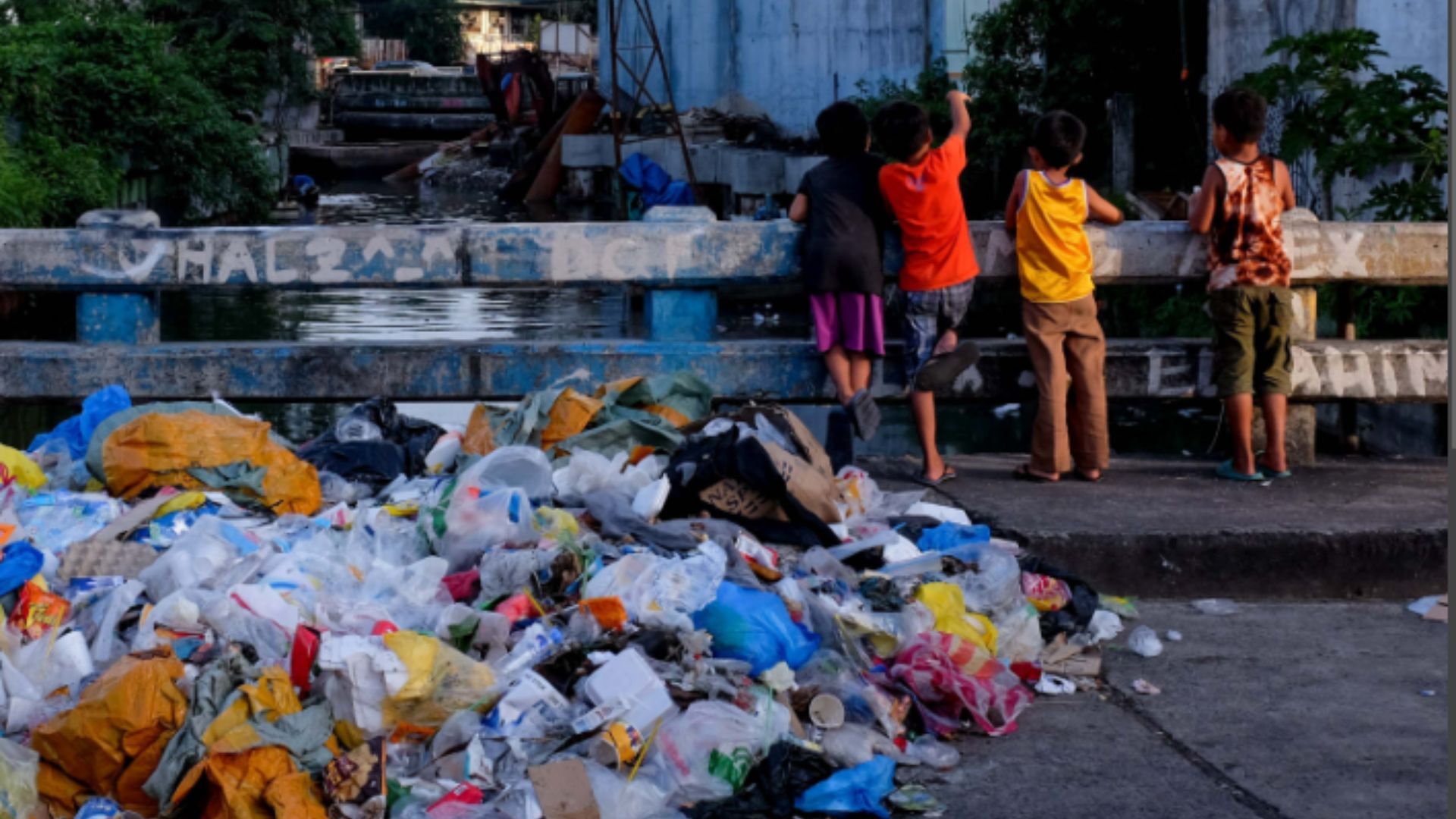Garbage, often dismissed as an everyday inconvenience, carries far-reaching implications for our planet’s health. The impact of waste on Earth’s environment is undeniable, affecting ecosystems, climate, and human well-being. In this article, we delve into the impact of garbage and explore how we can take steps towards a more sustainable future.
The Weight of Waste
To begin with, our planet’s trash problem has reached staggering proportions. Every year, approximately 2.01 billion tons of waste are generated globally. This rubbish is destined for landfills, incineration, or even worse, our natural environment. But what are the specific consequences of this ever-increasing garbage heap?
Environmental Degradation
In addition, waste doesn’t just disappear when it’s thrown away. Landfills and open dumping sites leach harmful chemicals and toxins into the soil, contaminating groundwater and affecting plant and animal life. In the oceans, plastic waste poses a severe threat to marine ecosystems, killing wildlife and disrupting the balance of aquatic life.
Climate Change
To add on, garbage contributes to climate change in several ways. Decomposing organic waste in landfills releases methane, a potent greenhouse gas that’s over 25 times more effective at trapping heat than carbon dioxide. Additionally, the energy-intensive processes involved in manufacturing, transporting, and disposing of products lead to increased carbon emissions.
Human Health Risks
Exposure to waste, especially in communities near poorly managed landfills, can have severe health implications. Air pollution from incineration and toxins from improperly disposed waste can lead to respiratory problems, cancer, and other health issues.

The Path to Sustainability
Moreover, the consequences of our garbage problem are daunting, but there’s hope for a more sustainable future. By adopting responsible waste management practices and reducing our overall waste production, we can mitigate the impact of garbage on our planet.
Reduce, Reuse, Recycle
The famous three Rs are the cornerstone of waste reduction. By minimizing consumption, reusing items, and recycling when possible, we can significantly cut down on the amount of waste that ends up in landfills.
Composting
Organic waste makes up a significant portion of our trash. Composting not only reduces waste but also creates nutrient-rich soil for gardening. Therefore, it’s a win-win for the environment and your garden.
Sustainable Consumer Choices
Choose products with minimal packaging, opt for reusable items, and support companies with eco-friendly practices. Being a conscious consumer can lead to a significant reduction in waste production.
Proper Disposal
Dispose of hazardous waste, electronics, and other special items according to local regulations. Don’t contribute to the problem by tossing these items in the trash.
Education and Advocacy
Educate yourself and others about the importance of responsible waste management. Support policies and initiatives aimed at reducing waste and promoting recycling in your community.
Circular Economy
Furthermore, embracing a circular economy model is a crucial step in minimizing the impact of garbage on Earth. In this sustainable system, products and materials are designed to be reused, refurbished, remanufactured, or recycled, reducing waste and conserving resources. Support businesses and initiatives that promote a circular economy to help close the loop on waste production.
Conclusion
In conclusion, “Trash Talk: Exploring the Impact of Garbage on Earth” has shown that the consequences of our waste problem are vast and serious. However, by taking individual and collective action to reduce, recycle, and advocate for sustainable practices, we can make a significant difference. Hence, it’s time to recognize that our trash doesn’t just disappear; it has a lasting impact on our environment, climate, and well-being. It’s up to us to turn the tide and work towards a cleaner, greener future for our planet.



